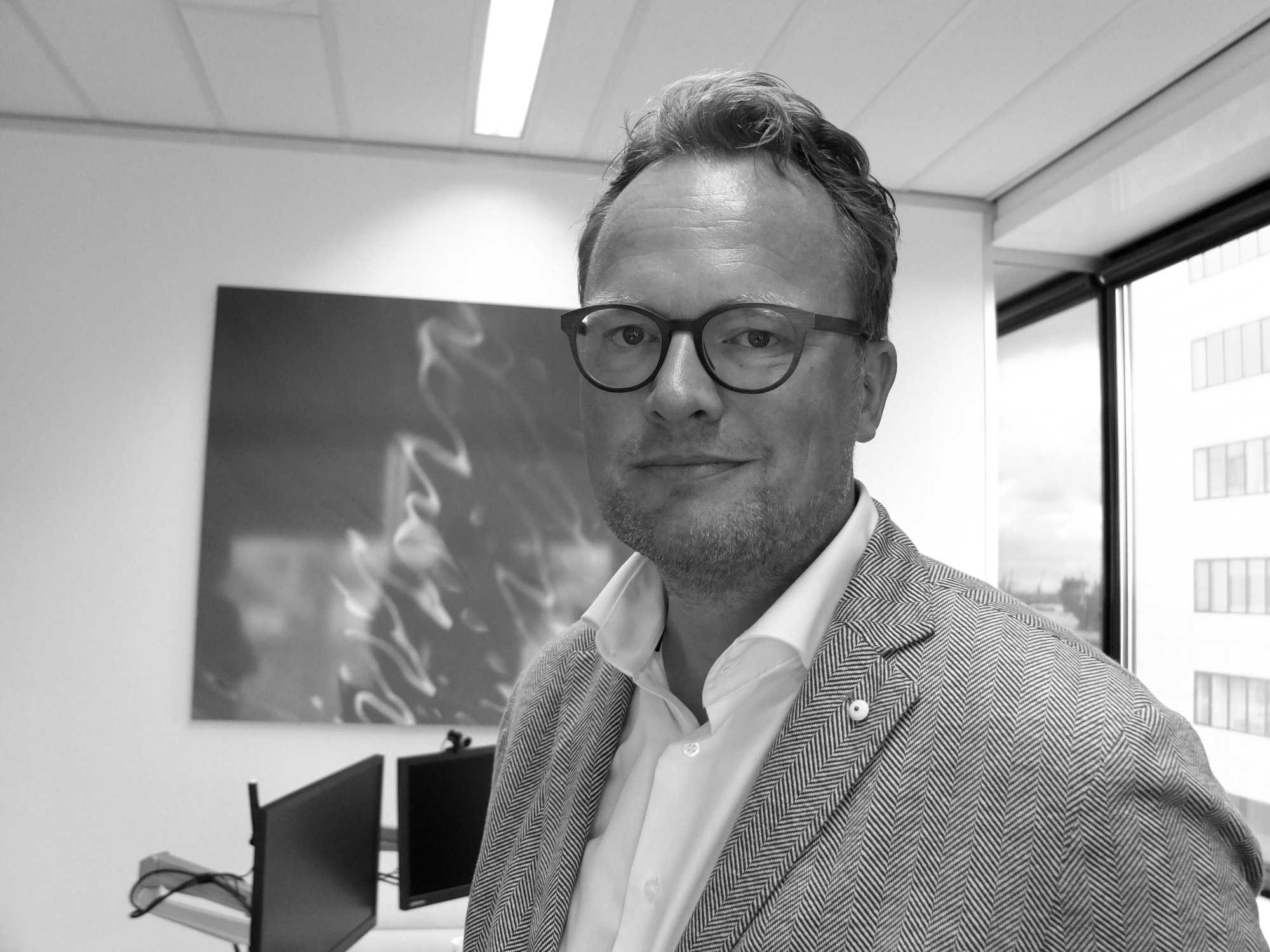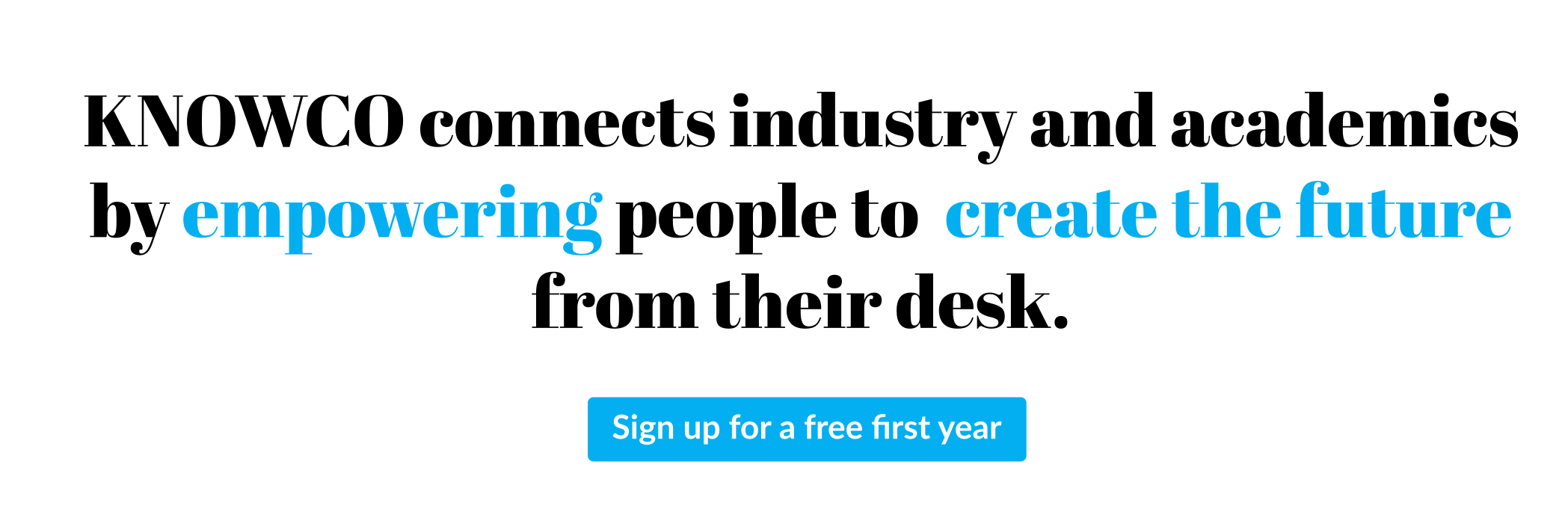Prof. Dr. Finn Wynstra
Professor of Purchasing and Supply Management at RSM Erasmus University
Treasurer, Member of the Board at Stadsgehoorzaal/Stadspodium

ABOUT RESEARCH
How did you become a professor in the RSM program at Erasmus University?
After completing my Ph.D. in 1998, I spent a couple of years working at Eindhoven University of Technology in The Netherlands and Jönköping International Business School in Sweden. In 2002, RSM approached me with an offer to establish a Purchasing and Supply Management program as a new field of research and education at the school.
Which research topics are the most important to you now?
Currently, our team focuses on three main topics in research: procurement in health care, performance-based contracting in services, and innovation through collaboration with suppliers.
What is your vision of the future for purchasing and for supply management? How do you combine these two different topics in your research?
I see the two as an integrated whole, much like “Sales and Marketing.” There are a lot of different terms being used both in practice and in academia, such as procurement and sourcing, but the term “purchasing and supply management” covers the entire spectrum of strategic, tactical and operational processes that are required to obtain a product, a service, and the knowledge inputs for an organization’s primary and support activities.
Where do you get inspiration for your research roadmaps?
I think we are primarily a phenomenon-driven field, so we typically start with a management or societal problem that we do not yet adequately understand or that we cannot solve as academics. This could be, for instance, the observation that suppliers are reluctant to work under performance-based contracts. We often come across such phenomena in our interactions with practitioners during conferences or network meetings. My chair is sponsored by the Dutch purchasing management association (NEVI). We also note that different organizations struggle with a particular problem from the research thesis projects of our master’s students because most of them do a thesis project to address a problem during their internship program.
ABOUT BUSINESS
What do you consider best practices when working with businesses?
I think there’s not a one-size-fits-all approach. What works in Organization A may not work for Organization B. But in essence, business-academia collaboration relies on a reflective practitioner and a critical researcher, who are equipped and willing to truly understand the specific situation of that business.
How do you find businesses to work with?
Again, this varies. But in my field, there is quite a good relationship between the two – perhaps also because we educate and train young people (and executives) with a clear functional profile. There is often synergy between collaboration in education and talent acquisition on the one hand and research collaboration on the other hand.
Which project would you like to complete with a start-up?
I am currently exploring how some organizations have initiated in-house incubators and what the specific role of the purchasing department is. Some of these start-ups may, later on, become vendors of that organization.
ABOUT LIFE
What does an average day in your life look like?
On a regular working day, I normally start around 8:00 and usually I have admin stuff to attend to: emails, department meetings, etc. Apart from that, the great thing, at least for me, about working in academia is that every day is different, and there are very different weeks and months in the year. I may be teaching our MSc or MBA students for a few hours, and then have one or two meetings with some of our Ph.D. students to discuss a paper they are working on. Or I may be at an academic conference or talking to a company about a workshop for their procurement managers or about a research collaboration.
What is your favorite activity to do during the weekends?
My wife and I both do not work full time, so, fortunately, we have a bit more time for non-work activities than just the weekends.
Alongside my university position, I am also on the board of a local theater/pop music hall so I may have engagements related to that. Otherwise, our weekends are not that unique compared to most other families. We have two sons, 11 and 15, and on Saturdays, we usually attend their sports activities (athletics and soccer). Then there are groceries, meetings with friends and family, parties, etcetera.
I like to work with my hands, so I may do some carpentry work around the house or fix some old furniture. We don’t live too far from the beach, and we have dinner at the beach from time to time. And we like to sleep in….
Books recommended by Prof. Finn Wynstra:
You can read his Golden Rules for Living, here.






